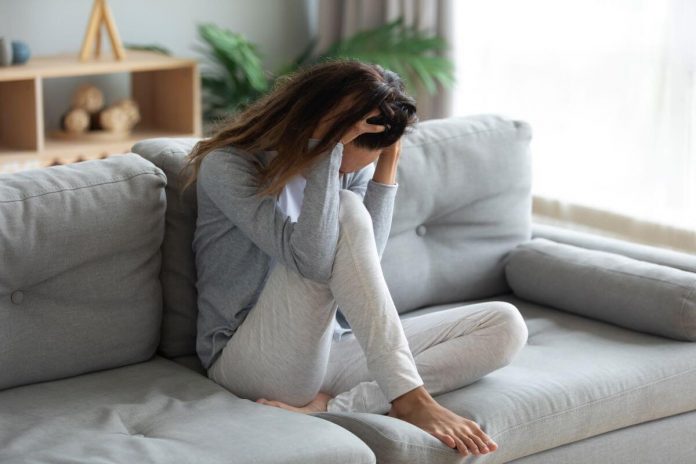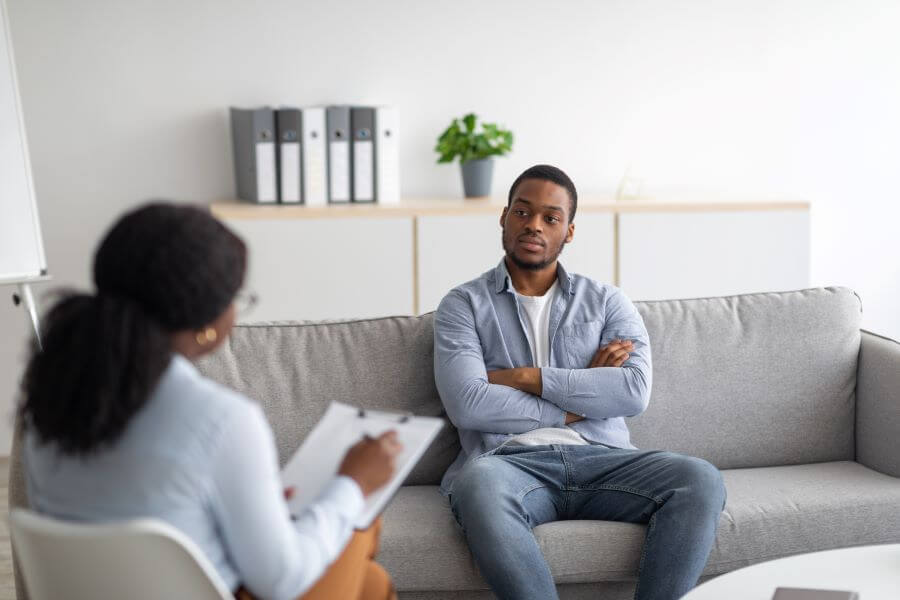
Contents
Last Updated on 29th November 2023
Personal injuries can pose a range of challenges. If you’ve suffered such an injury, then you might be taken aback by the effect your recovery has on your state of mind. In some cases, the psychological effects of an injury can last for even longer than the physical effects. Fortunately, there are steps we might take to deal with these problems.
As well as personal injury claims, we might take the time to look after ourselves. To do this, however, we must first understand and anticipate them.
Understanding the Psychological Impact of Personal Injuries
The emotional consequences of a personal injury can vary depending on the personality of the sufferer and the circumstances of the injury itself. Let’s take a look at a few of the emotional effects we might encounter.
Post-traumatic stress disorder (PTSD)
Certain kinds of injury might be considered traumatic. These injuries can result in PTSD. While you might associate PTSD more readily with a military context, the truth is that anyone can suffer from this disorder and its symptoms. Serious road accidents, assaults, and childbirth injuries can all cause trauma. In cases where the trauma repeats itself over a longer period, more complex forms of PTSD can set in.
According to the NHS, it’s a good idea to seek professional help if you are still suffering symptoms within four weeks of the traumatic event. These symptoms might include insomnia, concentration problems, irritability and guilt.

Physical pain
Injuries can hurt, even after they’ve been suffered. In some cases, the pain can be a permanent fixture of life after an injury. Coping with the pain is essential if you’re going to have a good recovery. This might mean getting access to the right medication, or it might mean learning to adapt to the pain and live with it.
Loss of self-esteem
If the injury has had a particular effect on the way you look, or your physical capabilities, then you might suffer a loss of self-esteem. If you were a committed athlete, and you’re now unable to do simple household tasks, then it might feel as though a piece of your identity has been compromised.
Social isolation
In some cases, you might be unable to leave the house. This can lead to feelings of severe isolation. Even when the problem isn’t quite this debilitating, it might be a good idea to be proactive in your social life.

Coping Strategies
All of these problems can be dealt with, through a series of techniques.
Professional support
A good counsellor will be familiar with the symptoms you’re experiencing, and will help you to open up about them. You’ll be given strategies for how to think about and process trauma, and how to build your resilience.
Support network
Professional support alone shouldn’t be relied upon. We should also think about the role played by friends, family, and support groups. A simple ten-minute phone call might be all it takes.
Meditation
Mindfulness techniques have come to the public’s attention in recent years. They’re highly effective when it comes to keeping negative thoughts and emotions under control.
Exercise
Exercise is not only an essential part of recovery – it’s also naturally great for your mental health. You should exercise in a controlled way that doesn’t risk a setback. Set realistic goals, accept your own progress, and keep persevering every day.




































